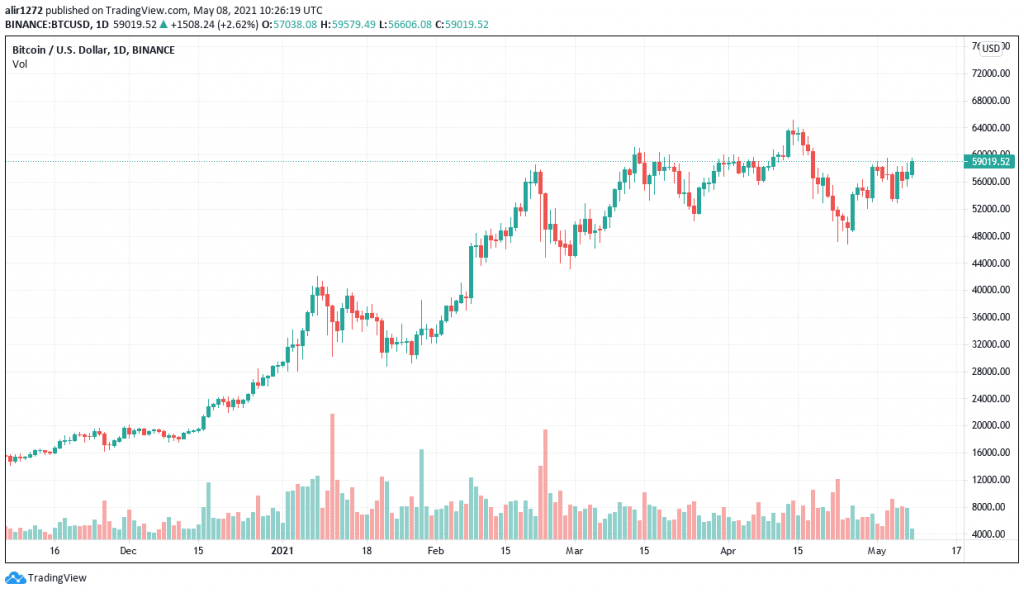Here’s Why Iran is trying to Ban Foreign-mined Bitcoin

According to an announcement shared by a news publication in the country, citizens of Iran will no longer be able to trade with Bitcoin and other cryptocurrencies mined outside the country.
A Swiss lawyer and advisor on cryptocurrencies and blockchain, Fatemeh Fannizadeh, said the move is aimed at stopping capital flight from the country.
“Crypto is already regulated in Iran … this just means that Iran wants to export Iranian produced coins more aggressively, encourage mining, and counter capital flight in the face of a depreciating Rial,” said Fannizadeh in a tweet.
my understanding is that crypto is banned as a capital flight issue (as are other dealings in forex highly regulated), unless the crypto is mined in Iran and used for import, the latter being quite expensive given the Rial’s inflation compared to forex https://t.co/Pj3UhzEHOe
— Meh (@Fatalmeh) May 6, 2021
Crypto Mining in Iran
The crypto environment in Iran is more favourable than in any other country in the world. Bitcoin miners in the country have access to subsidised power, which makes mining more cost-effective. This also makes Iran a great destination for block miners.
However, it has not all been rosy because of constant friction between miners and the authorities. Recently, the government accused miners of being the reason behind constant power outages in the country, which has had the effect of discouraging crypto mining.
The Iranian government also recently declared an interest in controlling Bitcoin mining activities. It required that miners acquire official authorisation and use Bitcoin mined to pay for imports – governments can use cryptocurrencies to mitigate the effects of economic sanctions if used for foreign exchange trading.
Changing regulatory landscape
Iran’s crypto regulatory landscape has been changing rapidly. The country’s Rial has been depreciating following economic sanctions imposed on the country by the US, pushing the country’s central bank to look for ways to protect its currency and the economy.
Iran had earlier banned the use of Bitcoin and other cryptocurrencies for payments. However, this has been restricted to retailers. Institutions in the country can still use Bitcoin to make payments, with the proviso that the Bitcoin used has to be acquired from authorised miners within Iran.
Prohibiting the use of Bitcoin mined from abroad makes it seem like Iran is classifying Bitcoin mining under the same category as commodities. The Central Bank of Iran wants to maximise Bitcoin exports and minimise imports to help it to move towards a positive balance of trade.
However, Bitcoin users are skeptical as to whether Iran’s new plan will work. Bitcoin is a decentralised and pseudonymous system, so it remains to be seen how the Iranian government will circumvent such limitations to enforce the new regulation.



